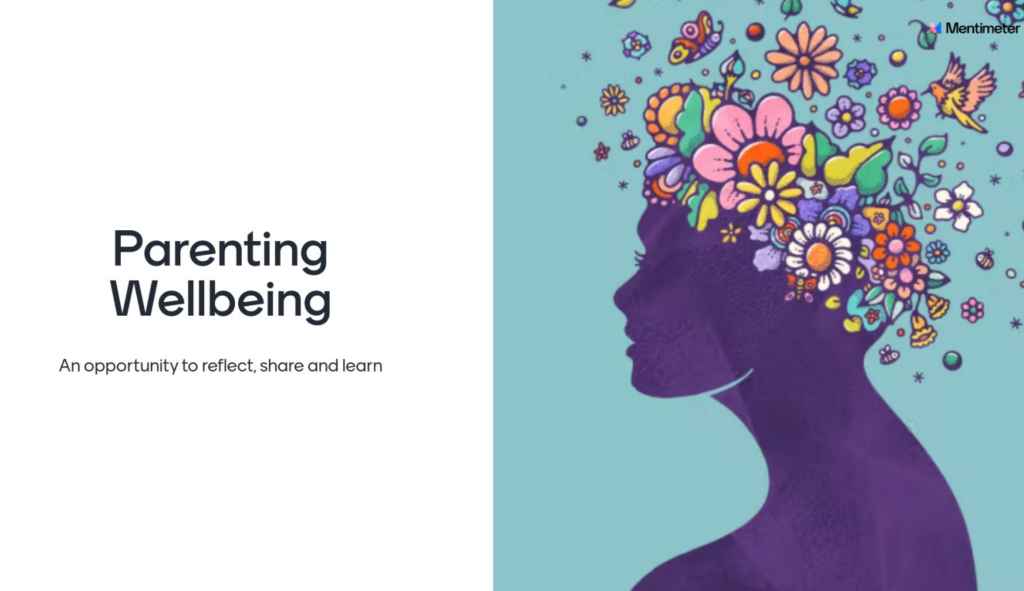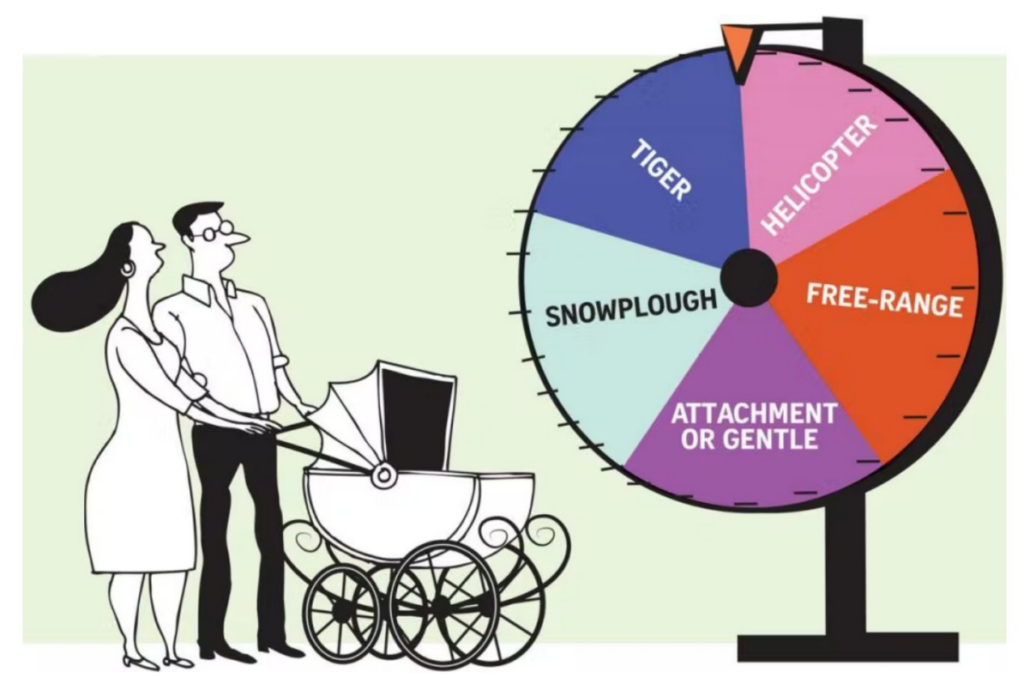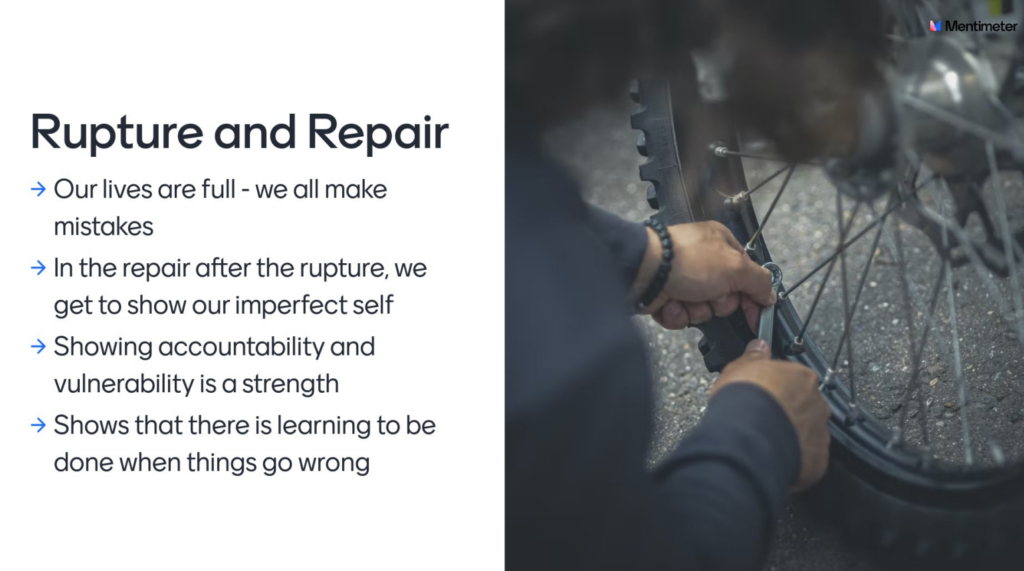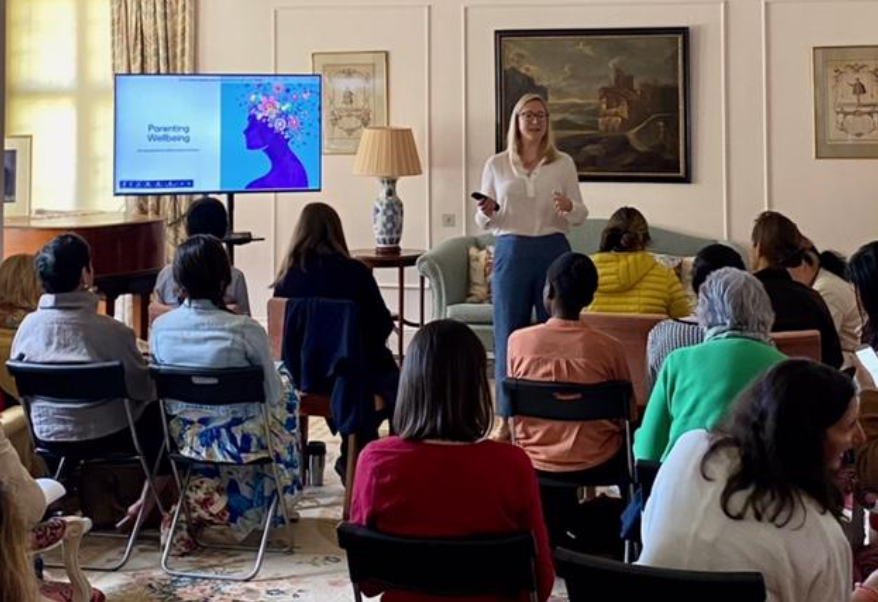
The perfect parent is a myth. And for Lizzie, a mother of three children aged five and under, this was one of the most important messages she took home from a one-day parenting workshop organised by the DHEF Wellbeing Team.
“It was so encouraging to hear that I don’t have to do everything perfectly,” said Lizzie. “We were told that ‘good enough’ parenting really is good enough for our children.”
The workshop, delivered by three speakers from Schools Today, explained what ‘good enough’ parenting looks like. There are periods during the day when you are totally in sync with your children, for example, reading the bedtime story when everyone is happy and calm. At other times, you are partially in sync, when you are cooking dinner or shopping and only part of your attention is on your child. You can also be out of sync with your child at stressful times, like getting the children ready for school. The key point is that you only need to be totally in sync with your child for 30% of the time. 30% gives your children what they need to feel completely loved and secure.
“It was so great to hear that,” said Lizzie. “I also really liked the non-judgemental approach of the speakers. There’s a range of different parenting styles – tiger, helicopter, free-range, snow plough and attachment/gentle. But there’s no ‘right’ approach. Mostly we are a combination of these ways of parenting.”

Presenter Sophie Collins has three young children herself, so brought her immediate experience as a mum as well as her professional insights to the workshop. She spoke about the mental load of motherhood. Her advice was to offload some of the thinking to Daddy from time to time. As it happened one of her children was invited to a birthday party that afternoon. Instead of sorting out party clothes, a present etc. she left all that to her husband. He might not get it all right, but she wanted the head space for the workshop.
Another important takeaway message for Lizzie was that she could give herself permission to tell her children when she was tired or stressed. Also that it’s not a massive failure if she gets cross with her children.
We are all aware of the need for a healthy physical immune system but we also need an emotional immune system and this is resilience. We want to teach our children how to cope with the ups and downs of life.
“We heard about ‘rupture and repair’, which is such a useful concept,” Lizzie said. Rupture and repair is about the breaking and restoring of connection with others. If your three-year old kicks off after you’ve spent ages getting the baby to sleep and then you’ve got both of them yelling, it can feel like the last straw. The three-year old gets the brunt of your frustration, but afterwards, using “I statements”, tell your child you’re sorry you got so cross, at the same time as explaining why you got cross. This helps children to learn about their own emotions, how to handle them and also how to restore connections when they get broken.

“Busy but coping” is where most families are for most of the time. Families can go through phases when they are “really flourishing”, but these phases are not sustainable. At the other extreme, families can find themselves “languishing”, which is a dangerous place to be as this can tip over into mental health problems. “Busy but coping” is normal and mums should feel confident that, through all the ups and downs, that’s a good place to be.
Mums came away from the workshop overwhelmingly positive about what they had heard. And they want more! In the autumn the DHEF Wellbeing Team is planning to hold a half-day workshop on navigating the teenage years. Watch this space.
